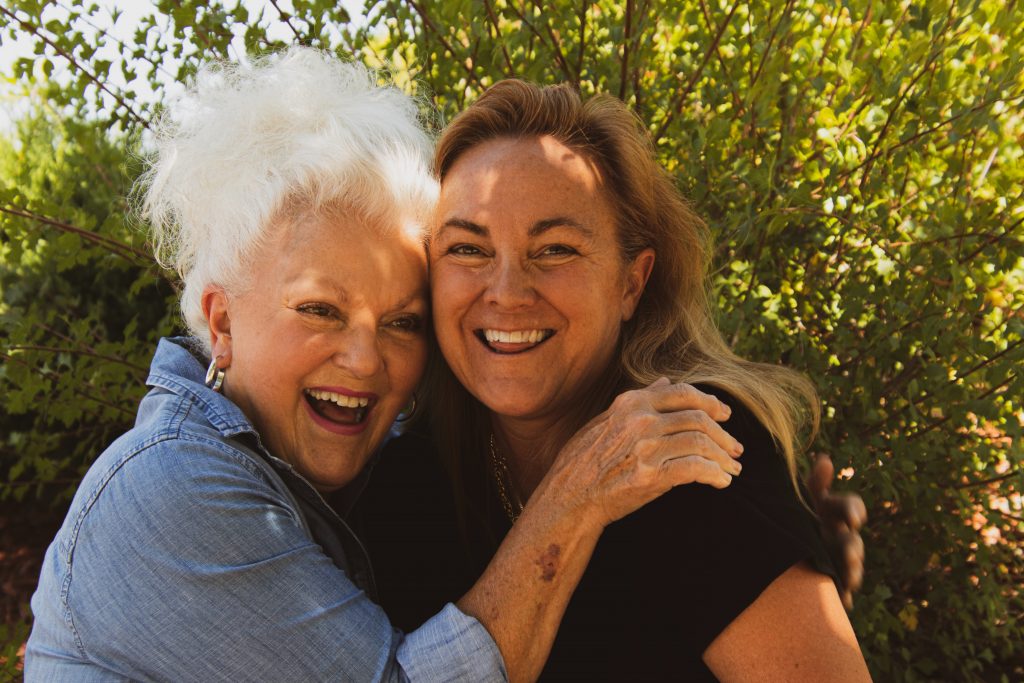How Realizing that Your Parents are Aging can feel Overwhelming

Watching your parents getting older is jarring. Although the change is gradual, it is a process that transforms your parents from the indestructible superheroes of your childhood to humans–fragile and flawed. The realization that they are getting older changes your perception and attitude towards your parents.
You go from calling or texting them every other day to calling or texting them at minimum once a day to see how they are. You begin to notice a lot more their mannerism and how they have changed, and your heart sinks a little every time you watch your mom struggles to do something or loses her train of thought more frequently because you have come to realize these changes as signs of the inevitable. This whole process is bittersweet and heart-wrenching. Throughout the process, you find yourself being more grateful for all that they have done for you and more understanding. These feelings and attitudes may or may not be a direct result of the realization that someday, perhaps in the not-so-distant-anymore future, they will no longer be around.
This, the in the not-so-distant-future part, took me a while to accept. I was riding in the back of a car with mom when I realized that she was getting older. Although, it was not much of a realization but rather an acceptance. While it was not totally unexpected, it sent me into a panic. One to which my mind automatically replied with, “She’s not that old. Don’t worry.”
This transitional period, from someone who is taken care of to being a person who takes care of someone, is disorienting, no matter at what age it happens. Whether you are 31 one-year-old mom of two with a stable income or a mid-twenty-year entry-level worker with dubious financial prospects, knowing that you have to be your parent’s emergency contact or go-to person takes some adjustment.
Not just because you are being forced to recognize that you are no longer a kid, but also because it forces you to dissect your own adulthood. There are many times when I question what is an adult? Though I still have not found the answer, the question and answer boil down to maturity. How mature are you? In this context, the question is: are you prepared to become someone your parents can depend on— sometimes financially but more importantly emotionally? It takes self-awareness and reflection to answer this question. Personally, I know that, at this particular and specific point in my life, I am not. I am not ready, but I still hope that someday soon I can be.
If my previous question made you feel overwhelmed, especially the financial bit, do not freak out. In most cases, your parents want and will be able to handle the financial aspect. However, they would like your input too. In some cases, you may have to chip in. For example, you may have to find them a proper retirement facility or figure out if your parent has enough health insurance to cover them when they get sick. While the government offers plans, quality services and proper care come with a heavy price tag that few can afford.
What can make this transitional period overwhelming is the sense of grief. Not only do you have to cope with the fact that your parents now depend on you, but also with their own mortality, which, inevitably, makes you think of your own. It is normal to feel a bit nostalgic and existential–wondering how your life will be when you reach that age.
Sometimes you can experience anxiety during this process. Usually, it happens at the beginning, but for some, the anxiety can be overwhelming to the point where you may want to avoid the subject. However, this causes a rift in your relationship with your parents and sometimes creates resentment.
If you ever feel overwhelmed, reach out to someone you trust or a therapist. Having a safe place and social support can help you feel a bit less overwhelmed. But, the best advice is to talk to your parents about how you are feeling. Talk to them no matter how much you want to avoid the topic. While you talk, plan for the future, whether it is retirement or beyond. Talking about things helps you mentally prepare for the inevitable.
Though my mom and I have not made any detailed plans, we have had those conversations. Although I am not 100% ready for what might happen in the future, I no longer panic whenever she casually brings up what to do with her remains.



Responses